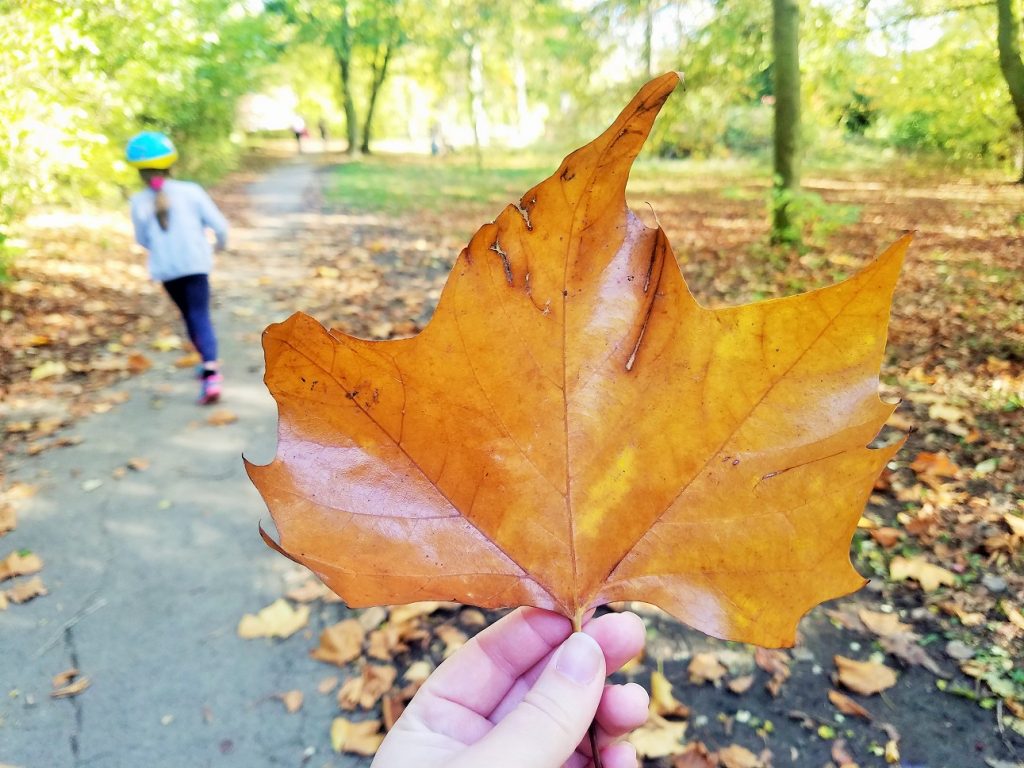
7 Ways You Should Be Treating Children Like Adults
No don’t worry – I’m not about to advocate letting your little ones watch an ‘18’ film or drink a shot of vodka (!), but there are lots of ways that we should be treating our children like adults.
A dictatorship culture
It’s sad to say it, but we have developed a culture where children are seen as second-rate citizens. We treat children in ways that we would never dream of treating adults, and apparently it’s okay because they’re under 18?? We have this idea that because they aren’t as experienced or knowledgeable as us, we have the right to boss them around.
If you’re not convinced that this is happening, let me give you a few examples:
- Mealtimes. Your child says they’re full but they’ve left some food on their plate. You get angry and force them to finish.
- Shouting. At the park, your child wanders a little further away than you’re happy with and you yell “Oi! Get over here!” in a snarly, threatening voice.
- Touching property. Your child has come down for dinner and plonked her favourite toy in the middle of the table. You take it away without asking permission and get frustrated when she cries.
Now, I agree there are good motives in each of these examples:
- A child needs food to grow;
- We need to know where our children are to keep them safe;
- And toys at the table are a distraction and may get covered in food.
BUT if you believed it was important to treat your children like adults and give children the same level of respect, how would handle the situation differently?
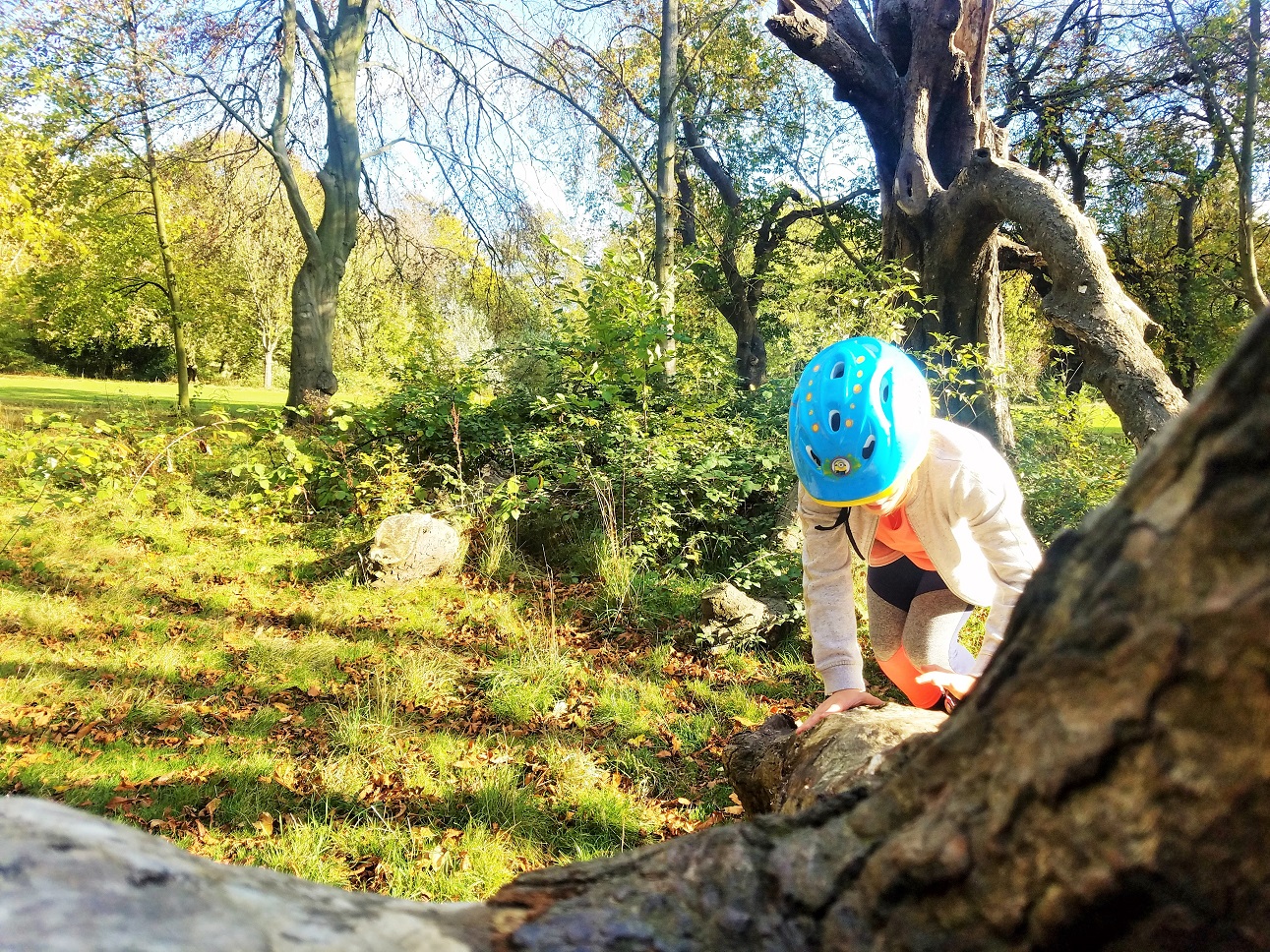
Adults are treated respectfully
What would you do, for example, if it was your Mother-in-Law who was too full to finish her meal? Or how would you react if your work colleague was walking a bit too quickly for the rest of the group? How about if your best friend had plonked her handbag in the middle of the table?
I think your approach would be very different.
Perhaps you would let your Mother in Law leave her meal but give her a smaller portion next time. You would probably call after your work colleague and ask him politely to slow down a little. And you would either suggest your friend to move her bag or ask if it’s okay for you to pop it on the chair instead.
This is what I mean when I say that can do more to treat our children like adults – we can be respectful, treat them with dignity, and use empathy to understand why they might have behaved in a certain way. We don’t always have to assume that they’re purposefully trying to be difficult.
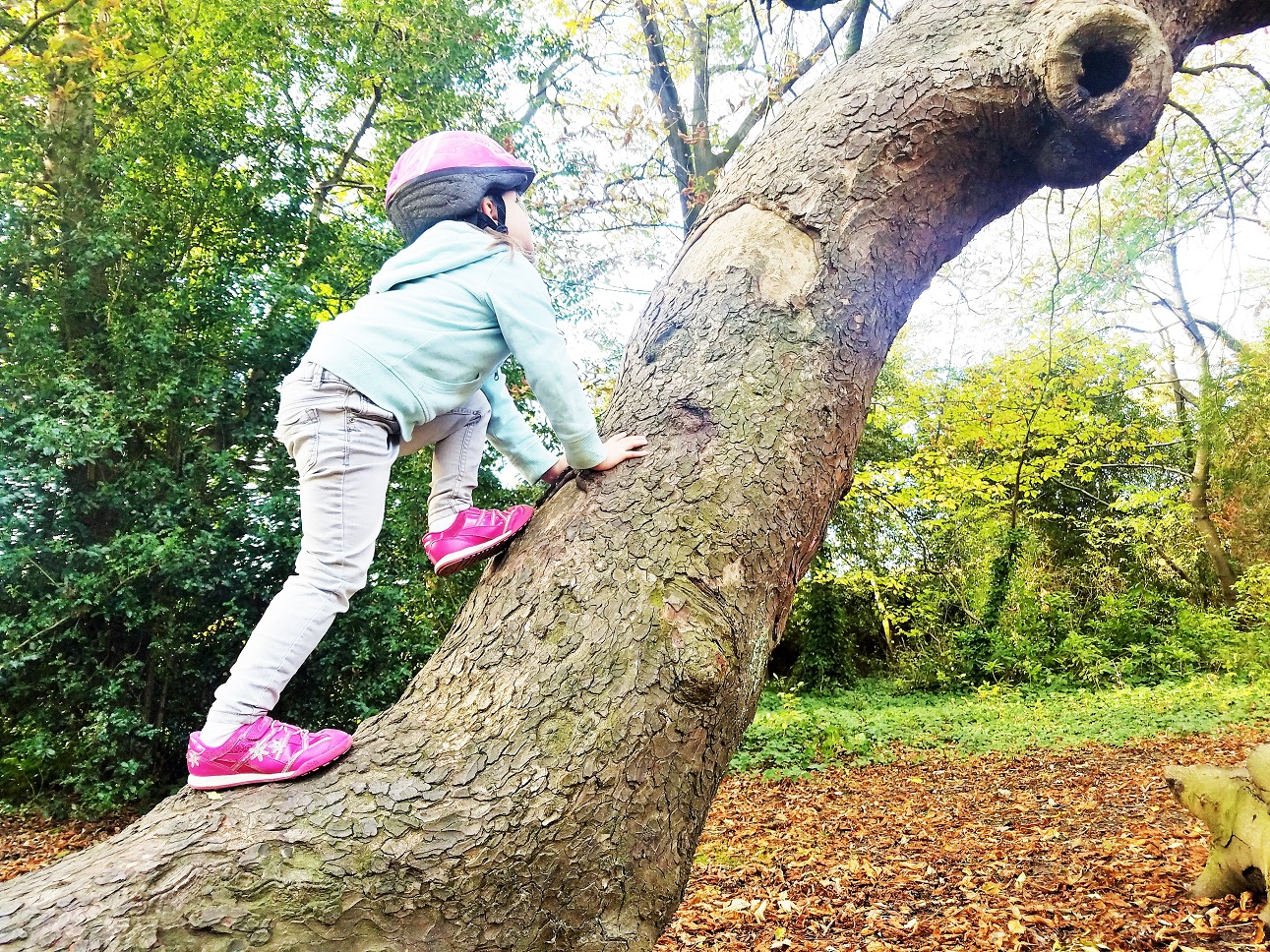
7 ways to think about treating children as adults
We know instinctively that being polite and cooperating with our fellow adults is the way to go, but sometimes that gets lost a bit when we’re talking to our kids. So here are a few ideas on how we can start treating children like adults too.
Tone of voice
Your tone of voice is so important (and also very difficult to explain in writing because I can’t demonstrate, but you can imagine!). Try to keep your voice calm and use a polite manner. You can be firm without being threatening.
Shouting should be a last resort, just like it would be in the work place.
Options
Giving options is a great way to treat children like adults. These can be limited options – “Would you like to do A or B?” – or they can be open options – “What would you like to do?”.
When we give options, we are telling our children that their opinions are important. We are affirming that they have good ideas and giving them the responsibility to weigh up the pros and cons – this gives a sense of ownership and self-autonomy.
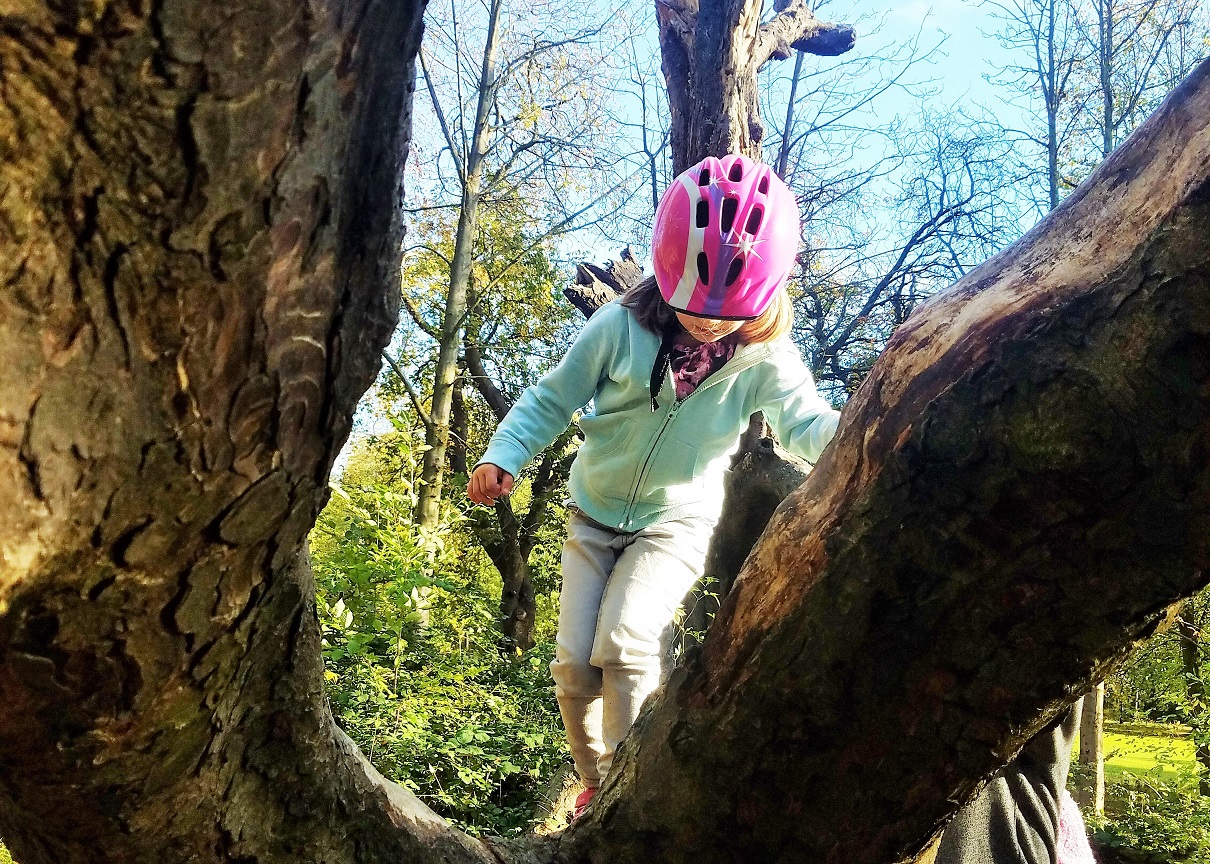
Kindness
Try to build your kids up rather than teasing them. It might be funny to tell everyone about the time your child collected an award in assembly and accidentally wet themselves, but is it kind? Is it fair to purposefully embarrass your child? Would you choose to tell a humiliating story about a fellow school mum within earshot?
You also have to think about the kind of example this is setting for your child – you could be teaching them that it’s okay to publicly mock and shame others.
Manners
Our children absolutely should be spoken to with the same manners that we would speak to our fellow adults. Be polite. Say sorry when you’ve messed up. Say thank you when they help you out. Say please when you’d like them to do something.
Property
It goes without saying that we would never root through our colleague’s desk without asking first, yet we sometimes act like we have free reign over our kids’ belongings.
If you need to touch or move their stuff, make sure you communicate that. Say something like, “I’m just going to put this on the cupboard so it’s out of the way.” Now your child knows what’s happening with their belongings and doesn’t need to panic that you’re taking something off them.
It’s a little step that can save a big headache.
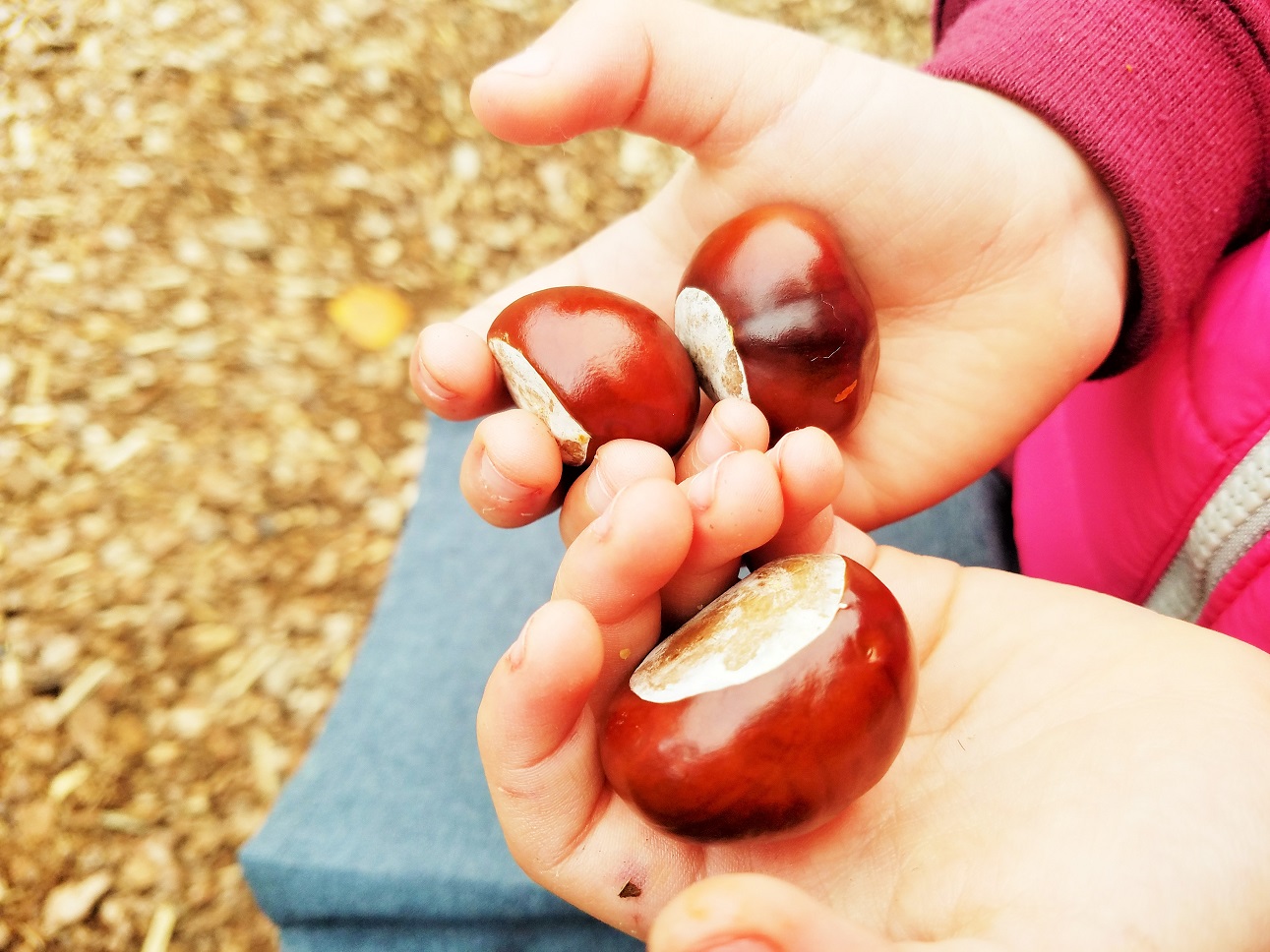
Damage limitation
We’ve all had to confront a fellow adult with some uncomfortable truths. Most of us try to be firm, but in the kindest way possible – we don’t want to upset them, especially if it’s someone close to us.
But we don’t always have that same attitude when it comes to our kids – we’re blunt, forceful, maybe even rude. We just accept that they will get upset.
Now of course, there will be times when we have to make decisions that will upset our kids (e.g. giving them horrible medicine from the doctor), but let’s try and explain things as gently as we can to avoid those tears wherever possible.
Honesty
Finally, when we treat our children like adults, we are honest with them. We don’t make up stories to manipulate them (e.g. “Eat your tea or the policeman will arrest you”) and we don’t threaten them with over-the-top punishments to scare them into submission. Instead, we prove ourselves to be trustworthy and reliable.
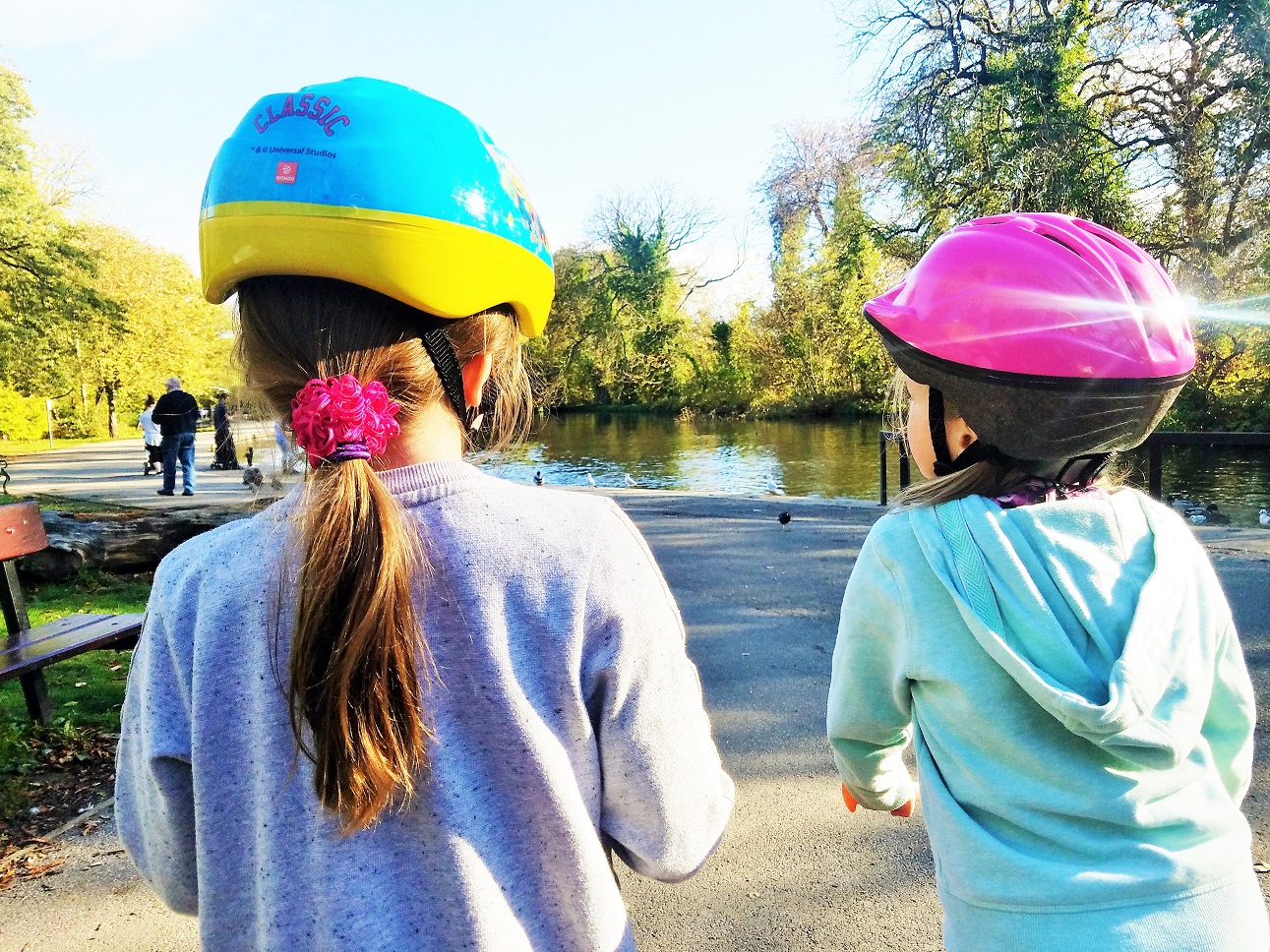
So there are a few of my ideas about how we can treat our children like adults. Is this an attitude that you’ve come across before? Which suggestion do you think is most difficult to practise in everyday life? Can you think of any other ways that we can treat our children like adults?
I love to know what my readers think so please leave a comment below.
PIN it for later:
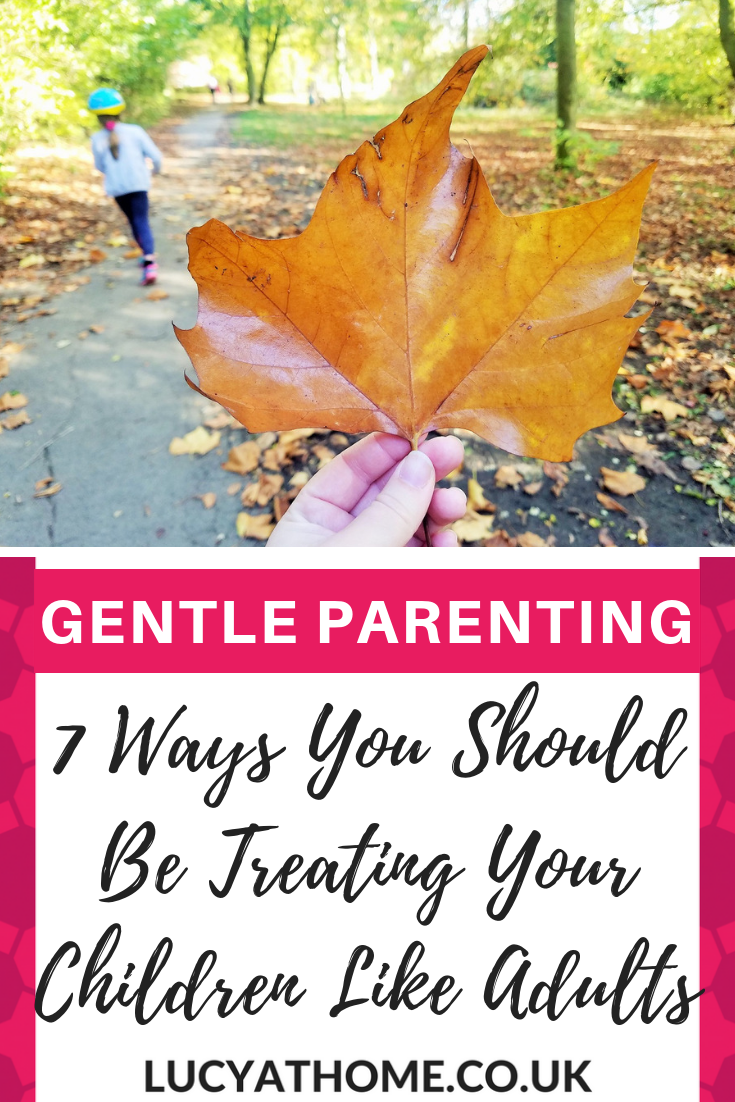

Wow…this is such great advice. I’m sure it’s hard because we do what we know. And when you’re brought up with those examples, it’s hard to figure out better ways.
OXOX
Jodie
http://www.jtouchofstyle.com
I found childhood so utterly frustrating. I was born into a ‘you are to be seen and not heard’ world. I had zero rights. So I wanted my kids to feel free from all that, and have human rights. I grew up respecting others, but it has taken me forever to realise I deserve to be respected by others. Whereas giving my kids respect helped them grow into respectful individuals and they also knew they should be respected too – and I love that xx
Again such a thoughtful piece full of the best advice. Thank you Lucy. #BlogCrush
So agree with all this … indeed I am very much enjoying all your posts. on gentle parenting. #BlogCrush
I always look forward to reading your parenting advice every week, Lucy. I rarely read other parent’s advice but I really value and respect yours. Pinned this to remind me of what good parents do.
xoxo #BlogCrush
Interesting read. I have to say, we’re having some challenges with our youngest at the moment. I am watching my tone of voice a lot becauise I think that is very important. Also trying to turn on the empathy as much as possible. Thanks for hosting #blogcrush
I’ve stopped cajoling them to eat, if they don’t eat what they have they’re offered fruit later on. I always remember being told I’d have to sit there all night if I didn’t eat it and I’d end up making myself heave trying to force it down and I don’t want to do that to my own kids. #blogcrush
Interesting take on this Lucy. I’m not sure I agree with all of it….I definately agree that all humans should be treated with respect and kindness whether they are a child or adult. I do think, however, that we treat children as if they are adults in too many ways that is not in their best interest -give them phones, let them stay up, self regulate food/sleep -I know you don’t say these things but children are mini humans but are not adults. Love the tone of your post though as ever, lovely. #blogcrush
Oh I completely agree with you, Sophie – boundaries and rules are important because children are not always able to appreciate the wider implications of their actions (e.g. staying up late will affect their health and wellbeing). I was trying to use this post to get at changing our parenting attitudes, though – explaining rather than expecting blind obedience, and speaking politely rather than threateningly. I do have other posts that talk about the importance of having boundaries.
I think you make some good points here, Lucy. It’s easy to take the authoritative and dictator role but at the same time, you are raising humans and there needs to be a level of respect there. Children learn everything and need to be taught just about everything in life so if you don’t teach and tell them why you are doing something or why they need to do something or why something is done a certain way, they won’t know. #blogcrush
Very nice. I remember when my kids were little. I tried to be honest with them and treat them like adults so that they knew what to respect when they got older. #BlogCrush
Really like this post and agree it’s the way to treat kids. Treating kids with more respect may be more difficult in the short-term (especially since many of us remember the opposite in the way we were treated as kids), but it pays off in the long-term, to raise people who are respectful.
There are also many ways kids are treated as adults which aren’t fair too: the number of times I’ve heard adults say toddlers are being ‘manipulative’, ‘rude’ or ‘bad’. I think for small kids, these things all require an intention that toddlers just aren’t capable of yet. They’re just figuring their way in the world. Treat kids like you’d treat adults in the way you interact with them, and remember that they are still learning the boundaries of the social world 🙂
Really good and interesting post! (as usual)
#BlogCrush
Your gentle parenting approach is wonderful! Thank you for sharing with us! Options! I will give options! Starting today. 🙂 Very #blogcrush worthy post indeed xoxo
Hi Lucy I couldn’t agree with you more, on every point. I personally find the ‘tone of voice’ one the hardest to control. Especially if they stray away from me. I do shout and get agitated but at least I can say that I always explain to them why I am getting annoyed so I know they understand why I am bothered. I love your point on ‘honesty’ – I see some parents threaten their kids with things like “Oh quick, quick hurry up or the policeman will come and take you away!” or “You better be good or Santa won’t bring you anything” and all I keep thinking is stop! you don’t know what sort of anxiety you are placing inside your child! I love your article, it gives us nice gentle reminders for those times when we might forget ourselves. #blogcrush
So true that many adults dismiss children as being second rate citizens or not having the same feelings as adults. They are so like sponges and are quick to copy our tone of voice if we speak harshly or are unkind. If I am in a hurry, it’s really difficult to explaiin all the reasons why you need them to do something, sometimes kids just need to be obedient and do what you ask them the first time you ask, but it is important the way you talk to them about this. I agree so much with Tracey above, I hate it when adults tell their kids little lies to maipulate their behaviour. #blogcrush
Thanks for this reminder, it’s so easy to slip in to being too authoritarian as it can be the fastest way to do something, but not necessarily the most effective. My kids are definitely at their best when they’re given options and treated respectfully, you are right.
I’ve reread your post Lucy and I think I must have been very tired reading it before as I totally missed the point of this lovely post! This is a fabulous, positive and kind parenting post. I think the main tone is respecting our children and I totally agree with that! Xxx
Another fab post. Not only does treating the kids with manners and respect have much more positive outcomes than shouting and demanding but I think it also sets a good example of how our behaviour should be towards everyone!! #blogcrush